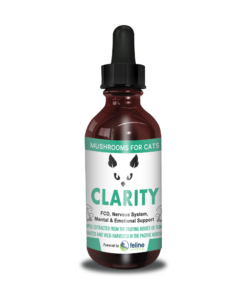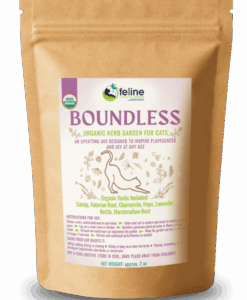We’ve heard the news that having cats can offer health benefits – but did you know that it’s scientifically proven? Several studies have shown that cats reduce stress in women, as well as lowering the risk of heart disease.
A study of almost 4,000 adults (50+ years old) showed that women with cats were 40% less likely to die of heart disease. This is interesting, especially since other studies show that cat parents are less active and more obese than dog parents. Hmmm. Since cats reduce stress levels, I guess the size of our butts or the lack of exercise doesn’t really matter. 😉
Other health benefits of being a cat parent
- The purring of a cat can help joint pain and recovery. In some places, felines are used as therapy pets for people recovering from joint injuries. Studies show that the vibrations of a purring kitty has a positive (or shall I say PAWsitive) effect on healing mobility issues. This is good news for us cat parents as we age. Just keep your kitty purring!
- Cats help insomnia. Several studies conducted in the UK show that a significant percentage of cat parents who sleep with their kitties reported that they slept better with their cats. Now, to be honest, I’ve seen other research that leans the other way and discourages people from sleeping with their cats. For me, personally, I sleep better with my cats so long as they’re not laying between my legs. If I can’t turn over, I don’t sleep well, however, our oldest kitty often holds my hand and purrs me back to sleep when I’m restless.
- Having cats reduces the chance of allergies in children. Studies conducted by the National Institution of Health showed that children under 1 year of age had less allergies if exposed to cats. “High pet exposure early in life appears to protect against not only pet allergy but also other types of common allergies, such as allergy to dust mites, ragweed, and grass,” says Marshall Plaut, M.D., chief of the allergic mechanisms section at the National Institute of Allergy and Infectious Diseases.
So, not only do cats reduce stress levels in humans, but this should be plenty of information enough to make you choose a feline for your next companion animal! Adopt, don’t shop!




Recent Comments